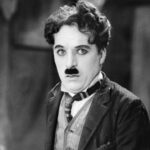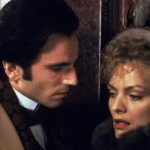The Golden Age of Hollywood was a great period for cinema. This era produced numerous timeless films, and just as many iconic actors. Here, I shall take a look at 15 great actors who left their indelible mark on cinema as they graced the silver screen:
Humphrey Bogart
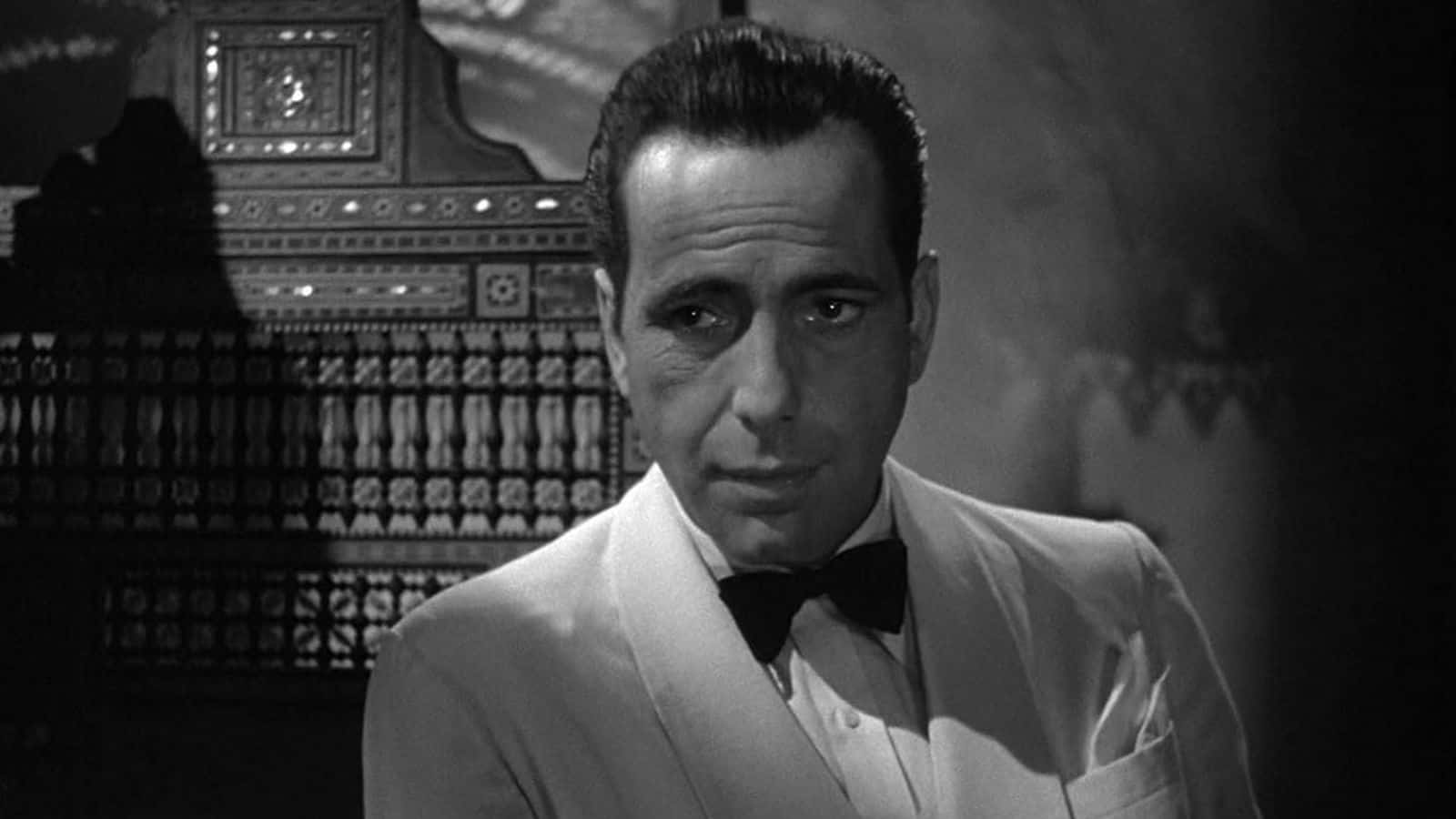
Bogart reigned supreme during the Golden Age. The actor took the genre of noir films by storm with the iconic The Maltese Falcon (1941). He would go on to deliver another defining performance in the classic romance drama Casablanca (1942). Although his career was tragically cut short by cancer, Humphrey Bogart remains one of Hollywood’s timeless actors.
Jimmy Stewart

When one thinks of the ‘everyman’ role, only one name should come up – Jimmy Stewart. However, as great as he was playing the everyman, Stewart had the talent to deliver iconic performances in other genres as well. The actor’s 80-film career spurred many Hollywood classics like Mr. Smith Goes to Washington (1939), It’s a Wonderful Life (1940), and Vertigo (1958).
Gregory Peck

After starring in The Keys to the Kingdom (1942), Gregory Peck got international acclaim and was even nominated for an Oscar. However, Peck’s truly defining moment as an actor wasn’t until his performance as Atticus Finch in the iconic To Kill a Mockingbird (1962). This role won Peck the Academy Award for Best Actor, sealing his legacy as one of Hollywood’s greatest.
Marlon Brando

Brando is one of the primary reasons method acting has become so popular in Hollywood. The actor’s raw and intense technique cemented his legacy as a performer. The highlight of Brando’s career was arguably The Godfather (1972), which won him an Oscar for his role as Vito Corleone.
Cary Grant

While he never won a competitive Oscar in his career, Cary Grant remains one of the best-known classic Hollywood actors. Grant’s career spanned across decades, during which the leading man starred in many iconic films, from The Awful Truth (1937) to Hitchcock’s North by Northwest (1959), and The Touch of Mink (1962).
James Dean

James Dean had a short career, tragically passing away in an accident at the age of 24. He was nevertheless a cultural icon, thanks to his charismatic performances as the rebellious Jim Stark in Rebel Without Cause (1955) and unstable Cal Trask in East of Eden (1955).
Fred Astaire

In my opinion, Fred Astaire is one of the best performers Hollywood has ever seen. The actor, who was popularly known for his dancing talent, starred in classic movies such as Funny Face (1957). Over the course of seven decades, Astaire established himself as a leading entertainer, eventually earning an Oscar nod in 1975 with The Towering Inferno.
Charlie Chaplin

Despite reaching his peak as an actor during the so-called silent era, Charlie Chaplin simply remains one of the most iconic Hollywood faces. He gained prominence after his performance in The Kid (1921). He would go on to make several renowned silent films over the subsequent decades, before featuring for the first time in a sound-film with The Great Dictator in 1940.
John Wayne

A list like this cannot be complete without the inclusion of John Wayne. When it comes to the Western genre of movies, very few names can match the iconic status of the actor. Wayne’s most distinguishing performances include his roles in The Searchers and True Grit.
Gene Kelly

As a big fan of classic musicals, Gene Kelly is one performer I truly enjoy. Known for his athletic dancing, Kelly starred in some of the most iconic musicals including Anchors Aweigh (1945), An American in Paris (1951), and Cover Girl (1944). He also made significant contributions to the development of cinematography in musicals through directorial exploits like Singin’ in the Rain (1952).
Clark Gable
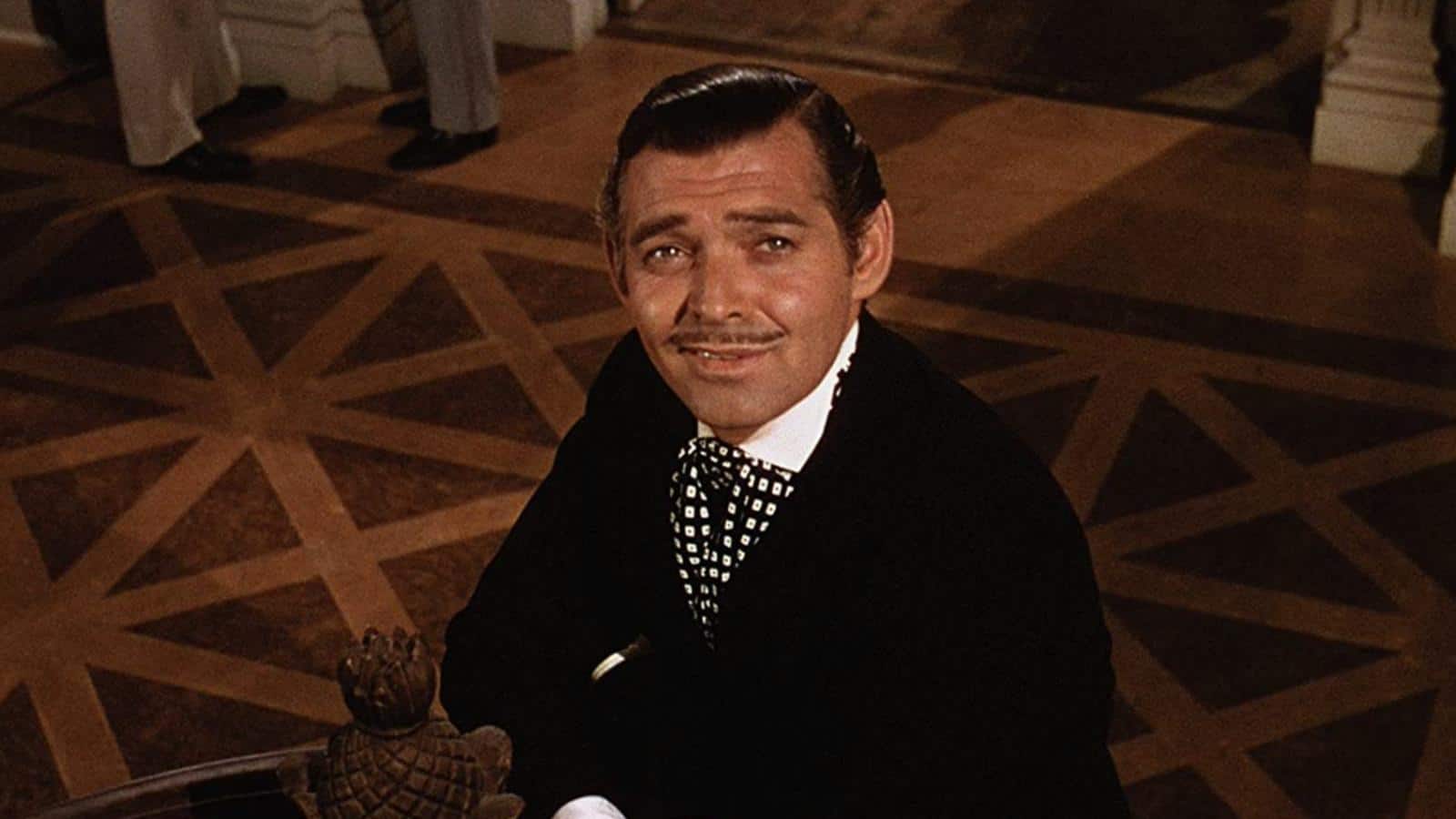
With his rugged charm and commanding presence, Clark Gable is one of the most recognizable faces of classic Hollywood. He became an icon portraying the dashing Rhett Butler in Gone with the Wind (1939), capturing the hearts of audiences and solidifying his status as a true Hollywood legend.
Sidney Poitier
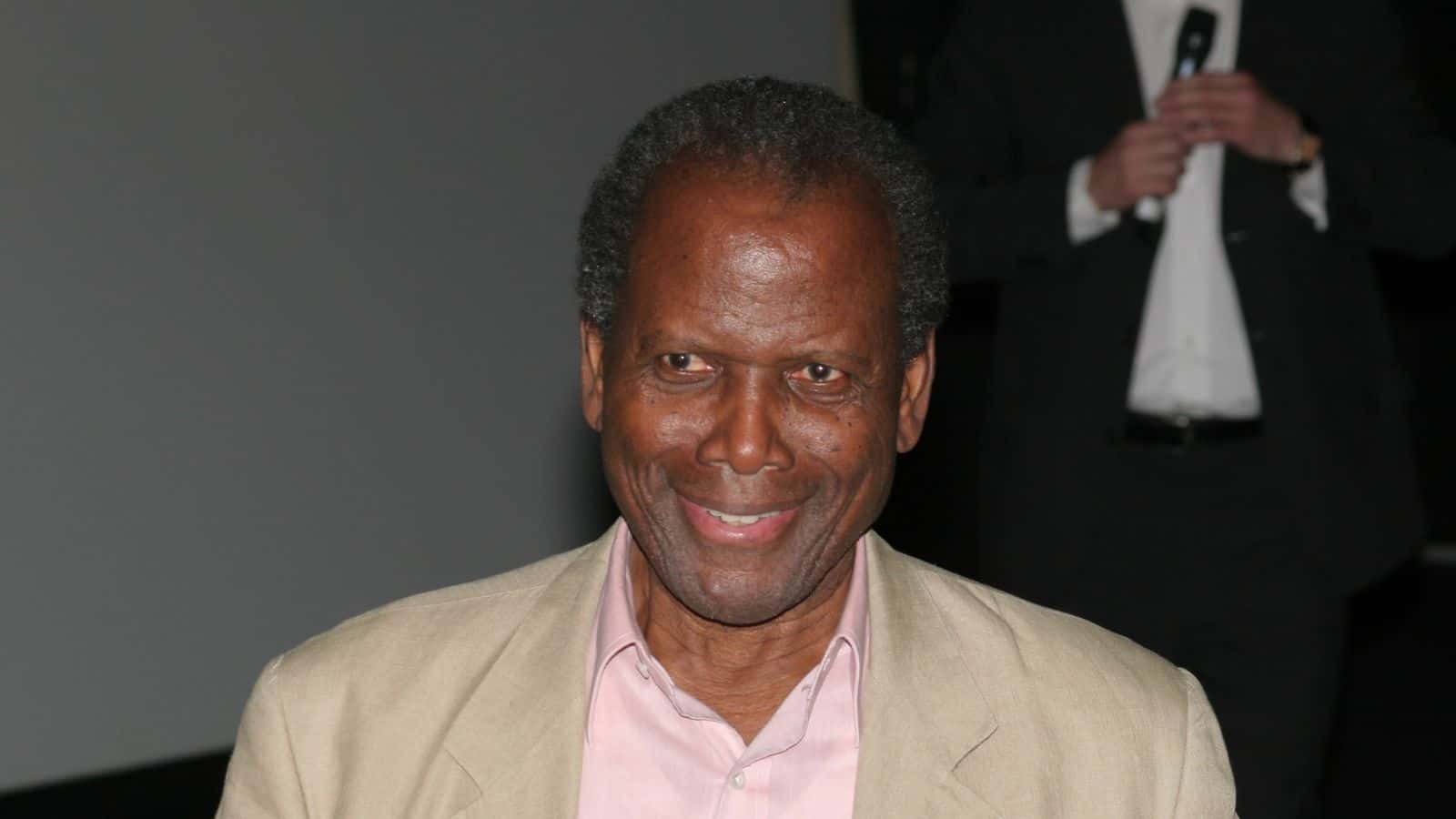
Poiter was an extraordinary trailblazer, who managed to shatter the racial barriers he faced and earn international acclaim. His powerful performances in Guess Who’s Coming to Dinner (1967) and To Sir, with Love (1967) resonated with audiences, sparking important conversations






